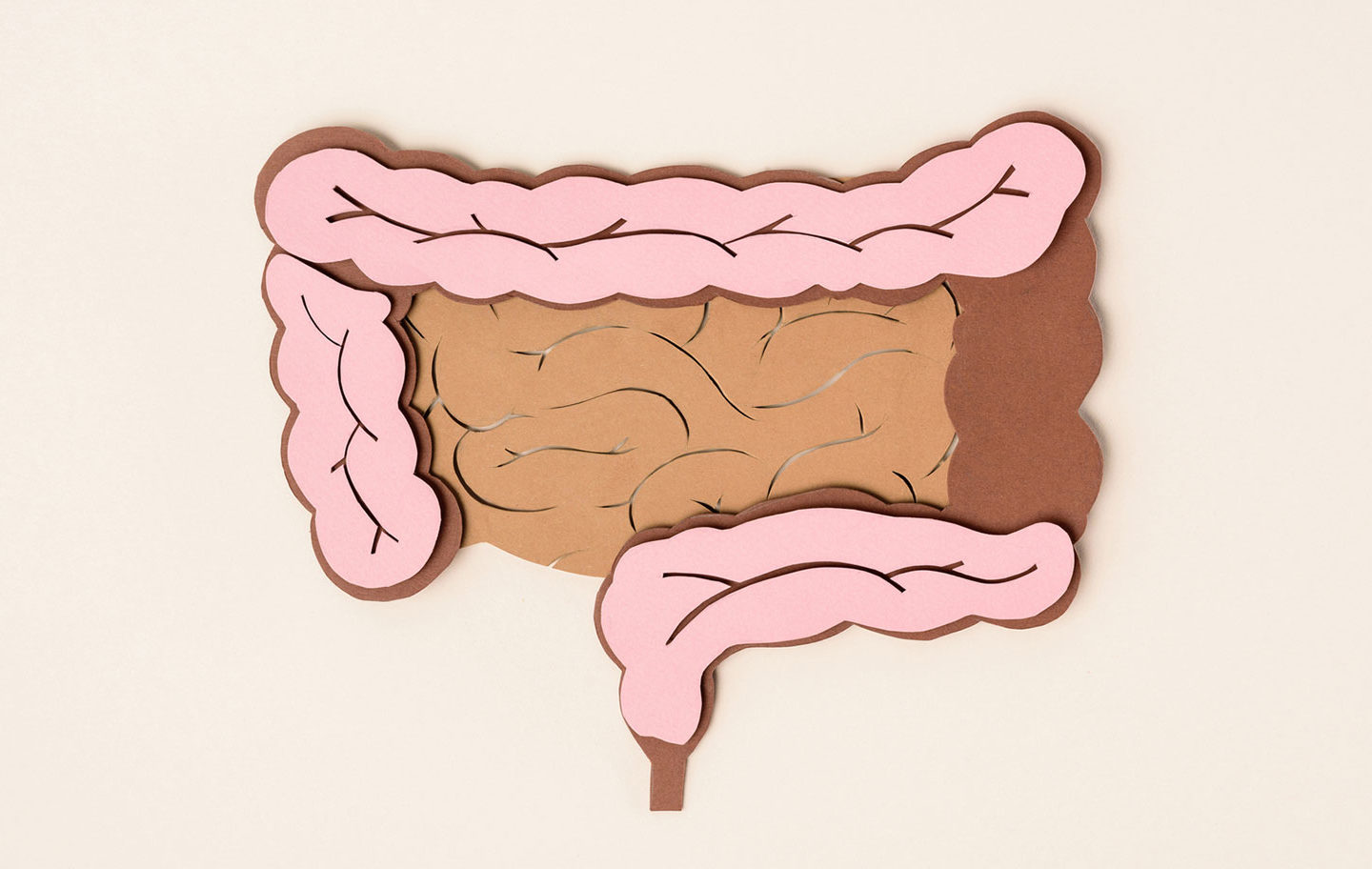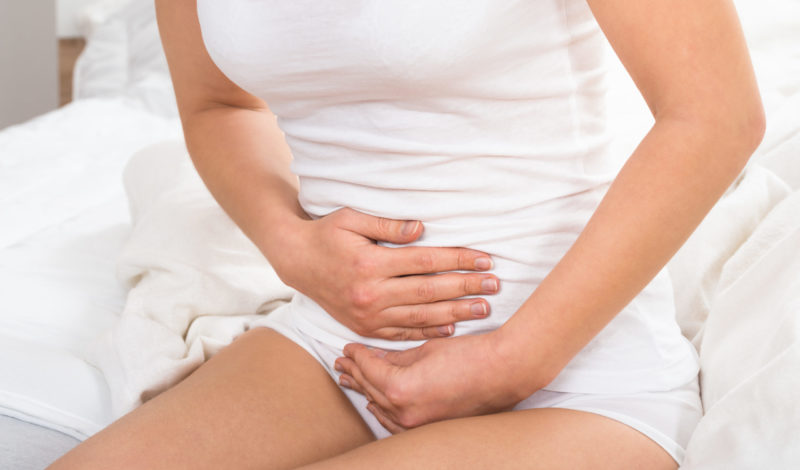Did you know? How the toilet flushes out depends on trillions of little helpers. We're talking intestinal bacteria. Constipation, diarrhoea [...]

You are not alone!
Learn how your billions of bacteria are always there for you.
In the cleaning department of a drugstore, there is a lot on offer to kill bacteria. But are bacteria as bad as their reputation? As always, there are only a few who spoil the image of an entire group. Bacteria live on you, in you and with you – peacefully. Scientists speak of the microbiome. By that, they mean all the bacteria that are on or in your body. Most of them live in the colon, the so-called intestinal flora. It consists of at least 400 different bacterial strains. For letting them use you as a host, they work for you. It’s a win-win situation where you and your intestinal bacteria live in. If they are doing well, they make sure that you are doing well. They digest your food, give you vitamins and strengthen your immune system. The composition of the intestinal flora is different in every human being. It is like your fingerprint, it exists only once in the world and yet it looks somehow similar to all other fingerprints. The genes also play a role in the composition of your intestinal flora, but there are many other factors.
Your birth is the birth of your intestinal flora
You got your first bacteria during your birth. Through the mother’s vaginal flora, the baby absorbs the first large batch of bacteria. Shortly afterward, more bacteria are added through the mother’s skin and environment. In a hospital, it is usually very sterile, in a home birth more bacteria fly around, which determine the intestinal flora of the baby. If a baby was born by cesarean section, the bacteria are only absorbed through the mother’s environment and skin, because in this case there is no contact with the vaginal flora.
Your first intestinal flora primarily protects you from pathogens. Shortly after your birth, the lactic acid bacteria from the mother’s milk are added. They are a real booster for your immune system because, in the beginning, you hardly have any antibodies in your blood. The so-called bottle children have the intestinal flora of an adult much earlier. The variety is much greater, but there are fewer lactic acid bacteria such as bifidobacterial. This can cause digestive problems, but most of them are reflected when babies get their first porridge.
Immune power from the intestinal flora
There are different bacteria in different countries. On one hand, this has something to do with the hygienic conditions, but also with the respective climate. Accordingly, your origin also has an influence on your intestinal flora. The more bacteria there are in your environment, the greater the diversity of your intestinal flora. And you can see that bacteria are not always equally harmful from the fact that children put or lick everything in their mouths, from building blocks to socks to sand. The intestinal flora ensures that all harmful bacteria are fought immediately. The predominantly good intestinal bacteria keep the environment in the intestine beautifully acidic, this deprives pathogens of the basis of life and they die or remain small in population. So that they can’t harm you. And while they fight intruders, the bacteria also digest your food. They extract important nutrients such as vitamin B2, B12, and K from your food and make them available to your organs.
You are what you eat.
Your lifestyle also contributes to the composition of your intestinal flora. Fruit, vegetables, and
Your lifestyle also contributes to the composition of your intestinal flora. Fruit, vegetables, and cereals provide valuable fiber. They provide your intestinal bacteria with a valuable source of food and livelihood. The good bacteria can multiply continuously, and the bad bacteria cannot do any harm. If you also regularly eat natural yogurt, kefir, quark or fermented vegetables such as sauerkraut, this will have a positive effect on your intestinal health. The better you eat, the better your intestinal flora will be, and it can work undisturbed for you and your health. It becomes difficult for her if you consume too much alcohol, sugar, and industrially processed foods. Chocolate, pizza, beer, and wine are some food examples that your bad intestinal bacteria will find particularly tasty – who can blame them? However, this causes chaos in your intestinal flora. If the bad bacteria multiply, the good bacteria can hardly control them. In addition, the intestinal mucosa on your intestinal wall gets perforated, and so does the bad bacteria slip through and migrate via the bloodstream to your other organs. Then they may cause inflammation and you know this is not good for you and your health. A big meal or a barbecue on the weekend with some steak and white bread can cope with your intestinal flora. If you support them beforehand and afterward with a well-balanced diet or with probiotics as a dietary supplement, you’ll stay fit and healthy. Probiotics help you and your intestinal flora even in extreme situations, which everyone of us sometimes experiences. This is perhaps a very stressful phase in your life with a lot of work and little sleep or a disease that you must cure. Your intestinal bacteria take everything with them, so thank them for their great work and support them with probiotics and good food. This is especially important if you have to take antibiotics. These should fight the bacteria that have made your organism sick. The problem, however, is that antibiotics cannot distinguish between good and bad bacteria. That’s why they fight everything. Unfortunately, it takes a long time for your intestinal flora to recover. Support them with probiotics in order to regenerate your intestinal bacteria quickly and sustainably, and then they can be there for you and your health undisturbed again.



